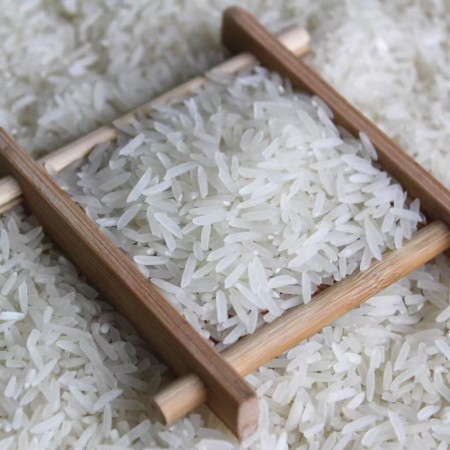Energy Source: Rice is a good source of carbohydrates, which are the body's primary source of energy. This makes it an excellent food for sustaining energy levels throughout the day, especially for those engaged in physically demanding activities.
Versatility: Rice is incredibly versatile and can be used in a wide variety of dishes. It can be served as a side dish, added to soups and stews, used as a base for stir-fries, or incorporated into desserts. Its neutral flavor makes it adaptable to many different seasonings and cuisines.
Easy to Digest: Rice is generally easy to digest, which makes it a suitable food for people with certain digestive issues. It is often recommended for individuals recovering from illnesses or dealing with digestive discomfort.
Cultural and Social Importance: Rice holds cultural significance in many societies, often featuring prominently in traditional dishes and rituals. It is a food that brings people together during meals and celebrations, fostering social bonds.
Nutritional Value: While white rice is primarily composed of carbohydrates, brown rice and other whole grain varieties provide additional nutrients, including fiber, vitamins, and minerals. Fiber-rich rice can contribute to better digestion and can be part of a heart-healthy diet.
Economic Significance: Rice is a major crop globally and plays a crucial role in the economies of many countries. It provides livelihoods for millions of farmers and supports food security in regions where rice cultivation is prevalent.





